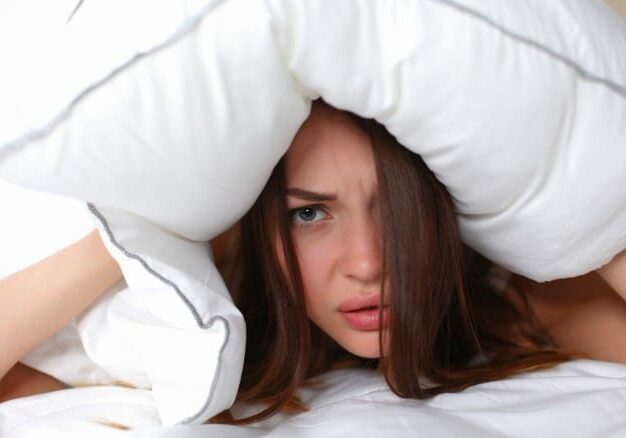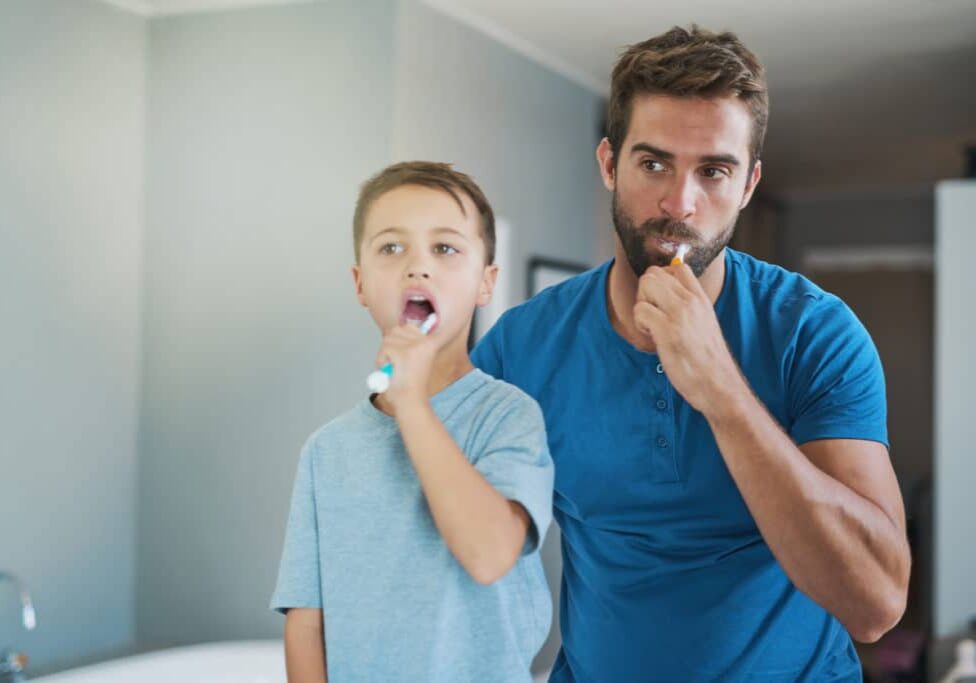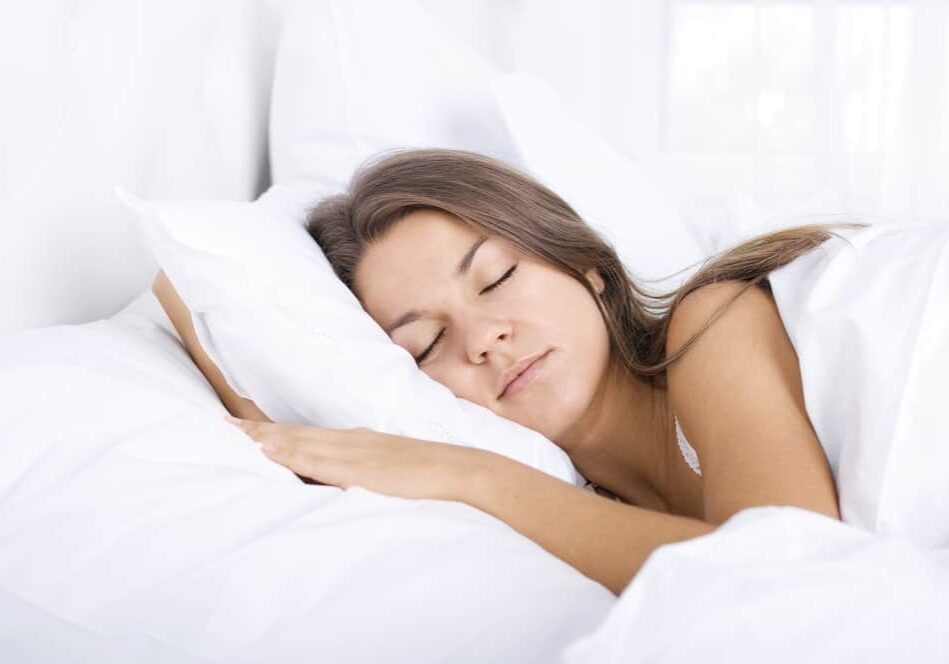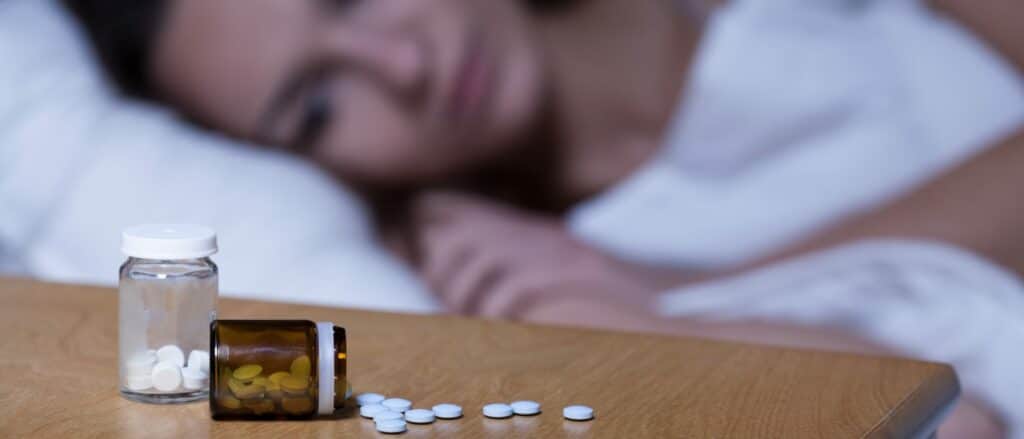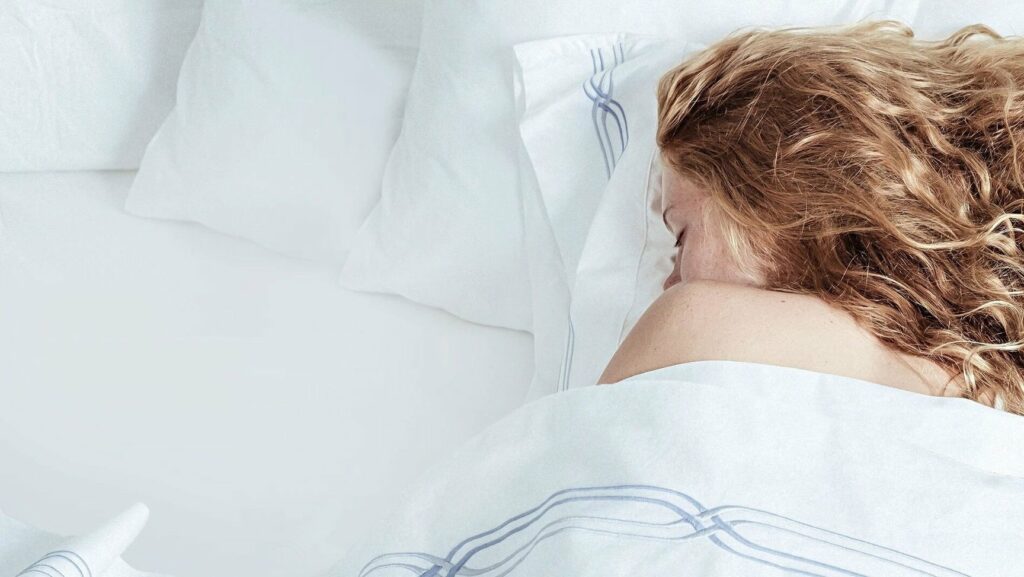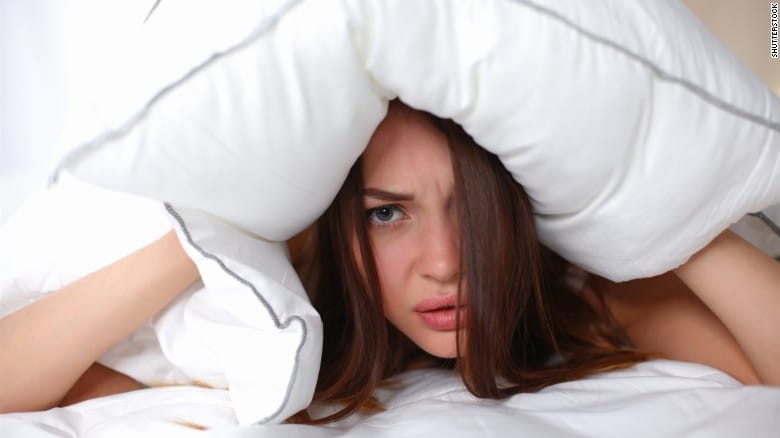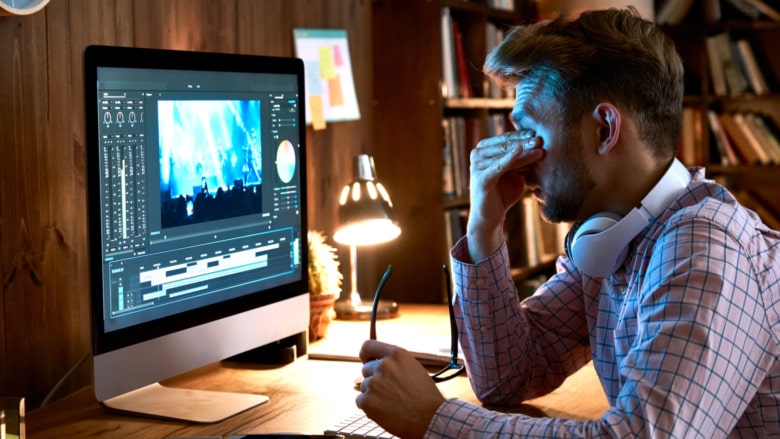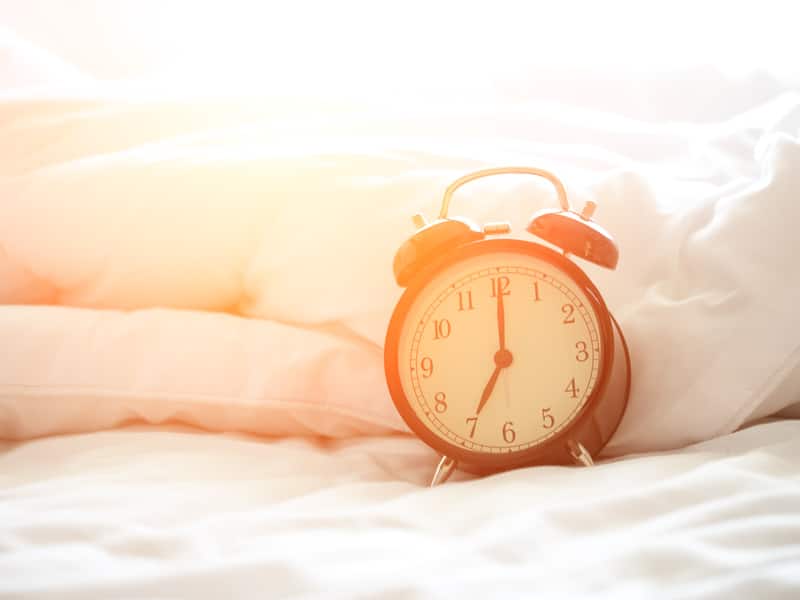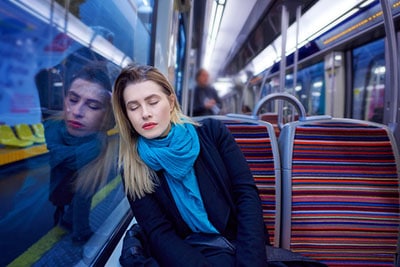
Which cities get the most sleep… and the least
It was Frank Sinatra who once famously sang that he wanted to wake up in the city that never sleeps. And while we seldom look to mid 20th century jazz songs for statistical accuracy, we were curious if people actually slept less in New York City. The smart people behind the Bing search engine have answered that question with mobile devices. They aggregated phone and tablet use late at night and then first thing in the morning to calculate how long people are sleeping (or, at the least, are in bed in between looking at their devices), and then broke it down for the top 25 metro areas. You can view the results as a slide show, or read on.
The fact is that Frank Sinatra really should have been singing about San Francisco, and that Tony Bennett clearly missed an opportunity. San Franciscans get the least sleep, with an average of 6.5 hours of overnight downtime between smart device use. People living in Atlanta and Los Angeles don’t fare much better, with an average of seven hours between putting down their smart phone for the night and then grabbing it in the morning.
New Yorkers actually get among the most amount of sleep — almost eight hours, in fact, with the average New Yorker checking their device at 11:41 PM and then checking it again at 7:36 AM.
First place is a tie between Boston and Houston residents, who manage to last for an average of eight hours and seven minutes each night without looking at their phone.
Smart devices are part of the problem
As we mentioned, they might not actually be sleeping for the entire time, and for many people, it’s checking a mobile device in bed that can cause sleeplessness. It’s not just related to whatever content you might read before you retire (checking work email has caused many a sleepless night), but the device itself.
Humans evolved to be diurnal — that is, active during the daytime. We’re instinctively predisposed to wake when the sun rises, and rest when the sun sets. Many sleep specialists believe that sticking a bright screen in front of your face before you go to sleep can disrupt your sleep cycle by fooling your subconscious brain into thinking it’s still daytime. All your subconscious understands is the bright light, and there’s no way for it to know that you’re really just looking at silly cat videos.
It’s bright bluish white light that appears to be the worst offender at affecting sleep schedules. That’s because it’s the color of the natural light we’re exposed to outdoors. Electronics manufacturers have taken this into account when developing “night mode” options. They don’t just dim the display, but adjust the output so you’re getting less of the blue-white light that’s confusing your subconscious brain.
We’re in the business of providing better sleep with our line of sleep sound machines. Our advice? Put your phone down well before bedtime. Those work emails and cat videos can wait.
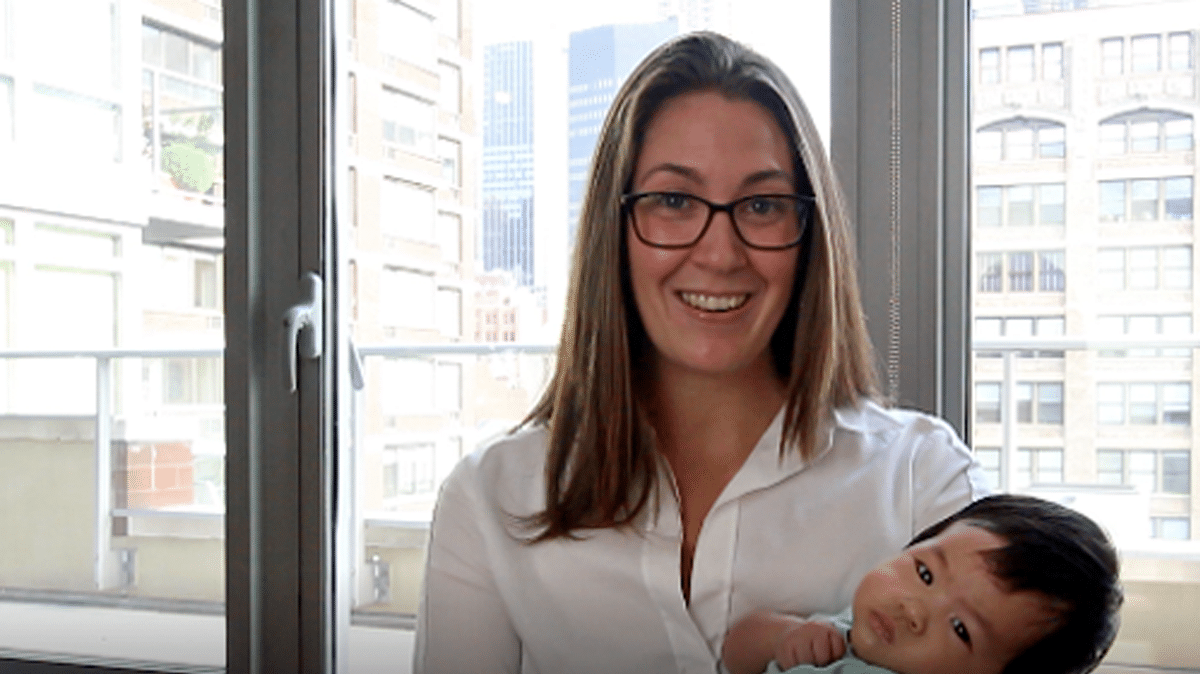
Don't just take our word for it.
We don’t take the term “sleep like a baby,” lightly. We know you don’t either. Want advice from a baby whisperer? Our sleep trainers understand.
